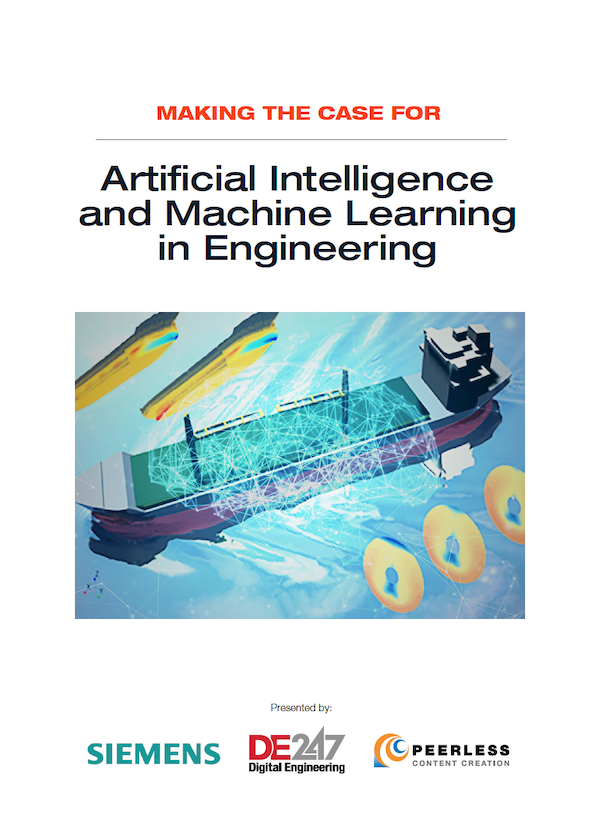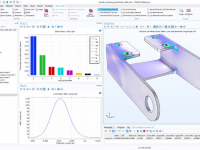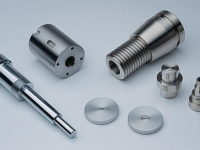
April 6, 2023
Product design workflows are rapidly evolving. Machines, products, and components have become increasingly complex with addition of new materials, sensors, electronics, wireless capabilities, and embedded software. Designers are under pressure to meet the demands of both the market and regulators when it comes to weight, safety, sustainability, and other factors. In addition, the role of simulation has evolved from a specialized task conducted at set points during product development to a more democratized process that takes place throughout the design lifecycle.
Manual, linear design processes simply cannot keep up with demand for engineers to iterate more frequently and in less time. Conventional engineering and design software products can help by automating or accelerating certain functions, but creativity and innovation are still severely limited by time constraints and a lack of technical expertise in domain-specific activities.
Artificial intelligence (AI) and machine learning (ML) can help clear this bottleneck. With engineering software that incorporates AI/ML functionality into design and simulation processes, organizations can accelerate workflows, provide improved insights, and improve final designs.
In this paper, Siemens Digital Industries Software and Digital Engineering will provide an overview of how AI/ML-enabled software can improve design workflows, while also addressing common questions and concerns around implementing this technology in an engineering organization.
Latest News







